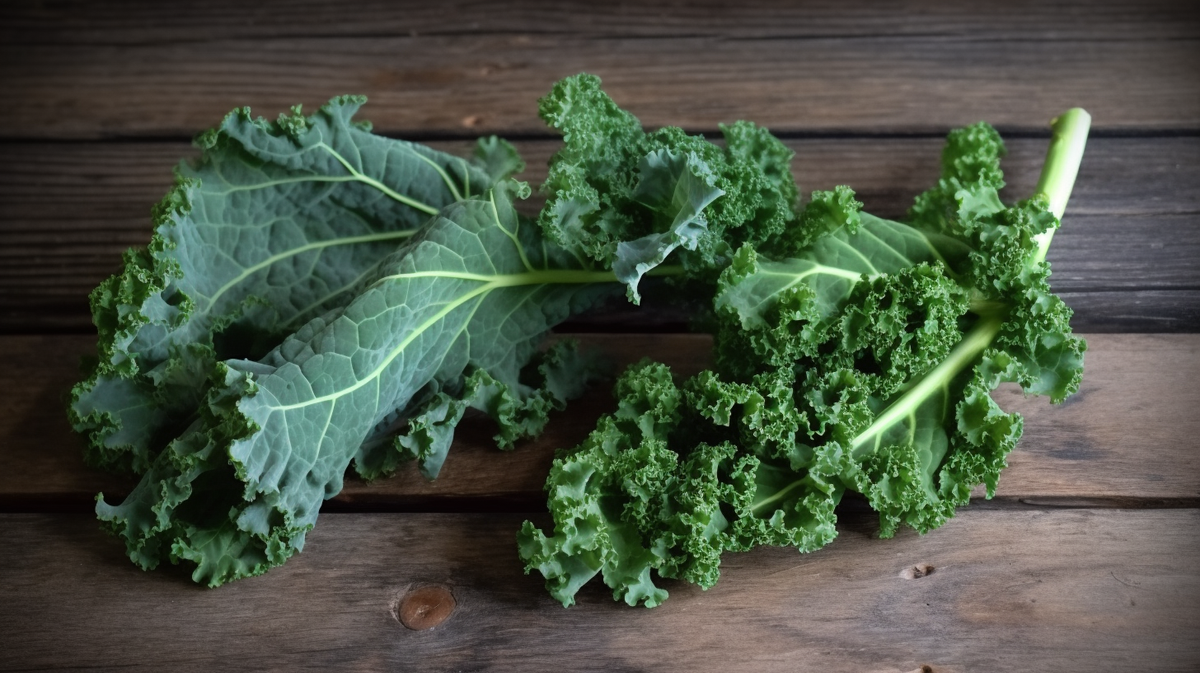Kale
- Greens & Beans
Kale has a rich history and has been cultivated for over 2,000 years. Kale gained popularity as a "superfood" in recent years due to its exceptional nutrient profile and health benefits.
Kale is a highly nutritious leafy green vegetable with several health benefits. It is rich in vitamins A, C, and K, as well as minerals like calcium and potassium. Kale is packed with antioxidants that protect against chronic diseases and reduce oxidative stress. It has anti-inflammatory properties, which may help with conditions like arthritis and heart disease. The fiber in kale promotes digestive health and aids in weight management. Additionally, kale supports heart health by lowering cholesterol levels and maintaining healthy blood pressure. Its high vitamin K content contributes to strong bones. Kale contains lutein and zeaxanthin, which are beneficial for eye health.
References:
Li, Long Hin, et al. "Lutein Supplementation for Eye Diseases." Nutrients, vol. 12, no. 6, 9 Jun. 2020, article 1721. doi:10.3390/nu12061721.
Danesi, Francesca, et al. "The Molecular Mechanism of the Cholesterol-Lowering Effect of Dill and Kale: The Influence of the Food Matrix Components." Electrophoresis, vol. 37, no. 13, Jul. 2016, pp. 1805-1813. doi:10.1002/elps.201600033.
Sikorska-Zimny, Kalina, and Luciano Beneduce. "The Metabolism of Glucosinolates by Gut Microbiota." Nutrients, vol. 13, no. 8, 10 Aug. 2021, article 2750. doi:10.3390/nu13082750.
